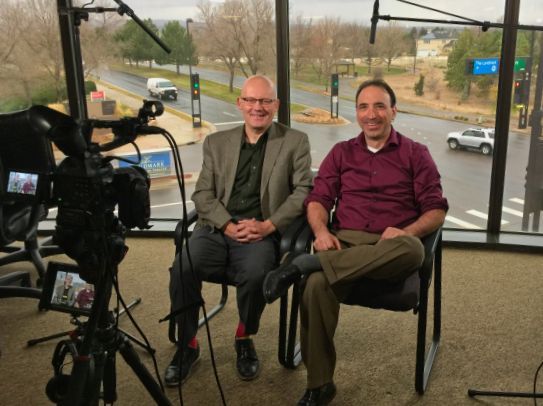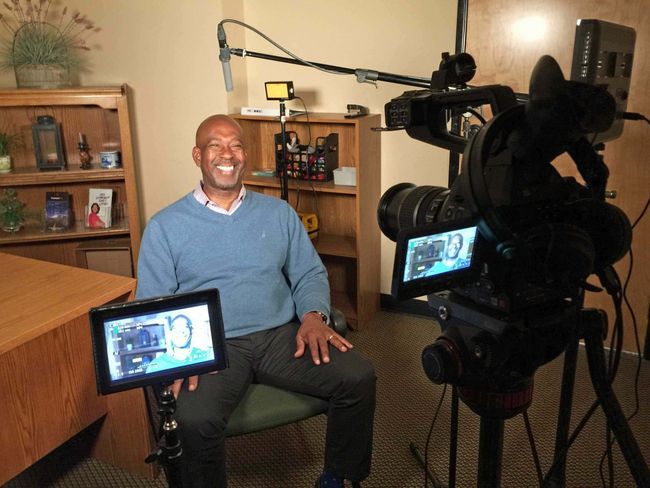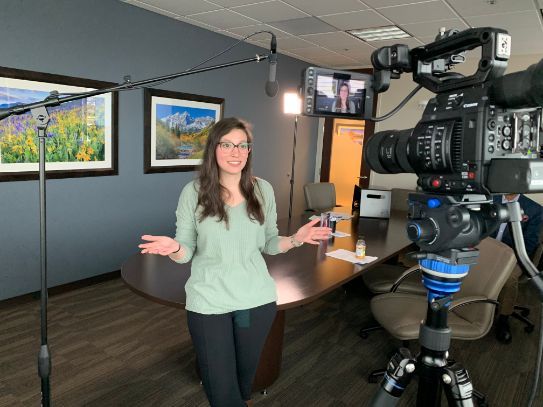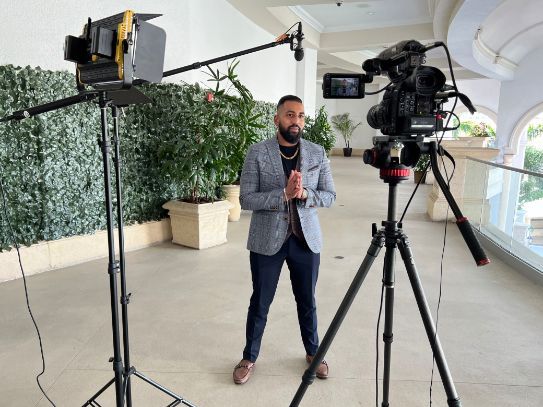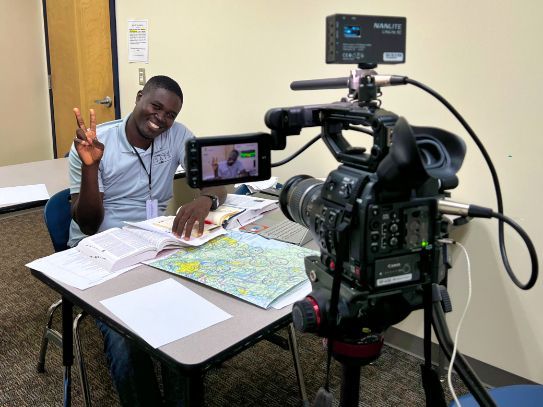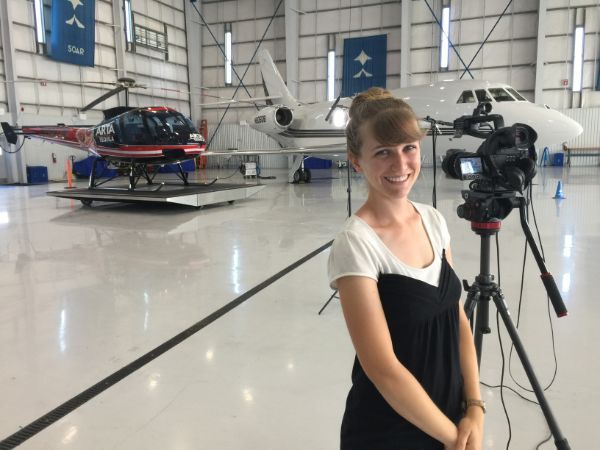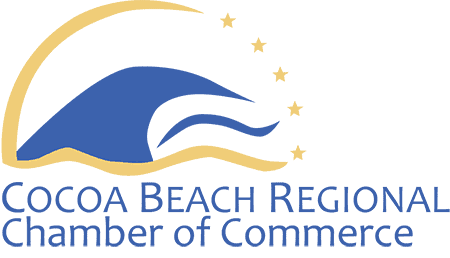We Create Videos to Make you Seen, Heard, and Understood
Capture Your Story with Powerful, Authentic Videos.
Storytelling Creates an Emotional and Lasting Impact.
We Help You
Overcome fear of being on camera
We help you overcome the fear of being on camera with personalized coaching, so you can shine confidently in any video or presentation.
Know what you want to say
Clarify your message and deliver it with impact. Know exactly what you want to say and communicate it confidently in every video or presentation.
Create a worthwhile video telling your story
Let us craft a custom video that tells your unique story and ensures that your message resonates and engages your audience.
Telling Your Story, Whether It’s Growing Your Business or Preserving Your Legacy
Everyone has a story to tell—whether it’s the vision driving your business forward or the personal journey you want to preserve for future generations. We’re here to help you share what matters most, creating powerful videos that capture your essence and connect with others in a meaningful way.
Business
Services
Many businesses find it difficult to communicate their true identity. We help you be seen, heard, and understood, enabling you to attract customers and grow your business.
- Stand out among competition
- Help clients understand your message
- Position yourself as the expert
Personal Biographies
Though time fades memories, your personal story can be preserved forever. We create meaningful videos to capture your history and legacy for future generations.
- Preserve your story
- Impart your values
- Capture your history
View Our Demo
Testimonials
Mike Wilcox
Home Mortgage Alliance - Brand Essence Video
Bryan and his crew at Visual Legacy Production were fantastic to work with. They made the process a lot easier than I was expecting. Most people are scared to let themselves be filmed, but they do a great job at putting you at ease, making you look good, which is harder than you think for some of us. I highly recommend using VLP!
Jim Renshaw
Land Title Guarantee Company – Web & Internal Videos
I have been extremely impressed working with Visual Legacy Productions. The quality of the video is excellent and Bryan’s ability to help tell your story is what sets them apart.
Scott Matthias
Legacy Interview
Bryan did such a great job with the interview that my parents were at ease–which showed in the finished product. I knew that this would be a keepsake for my parents and the rest of the family but it totally exceeded any expectation I had when first talking to Visual Legacy Productions about capturing my parents’ legacy!! Over the top pleased with the results!!
We've Worked With
Individuals and companies of all sizes.
"Tell Your Story" Process
Call
Tell us your story
Plan
We put together action steps
Execute
Film & edit your video
Share
You post & gain business
Contact Us
We’d love to hear from you. Call us at 321-234-4367 or send us a message using the form below and we’ll get back to you as soon as we can.

